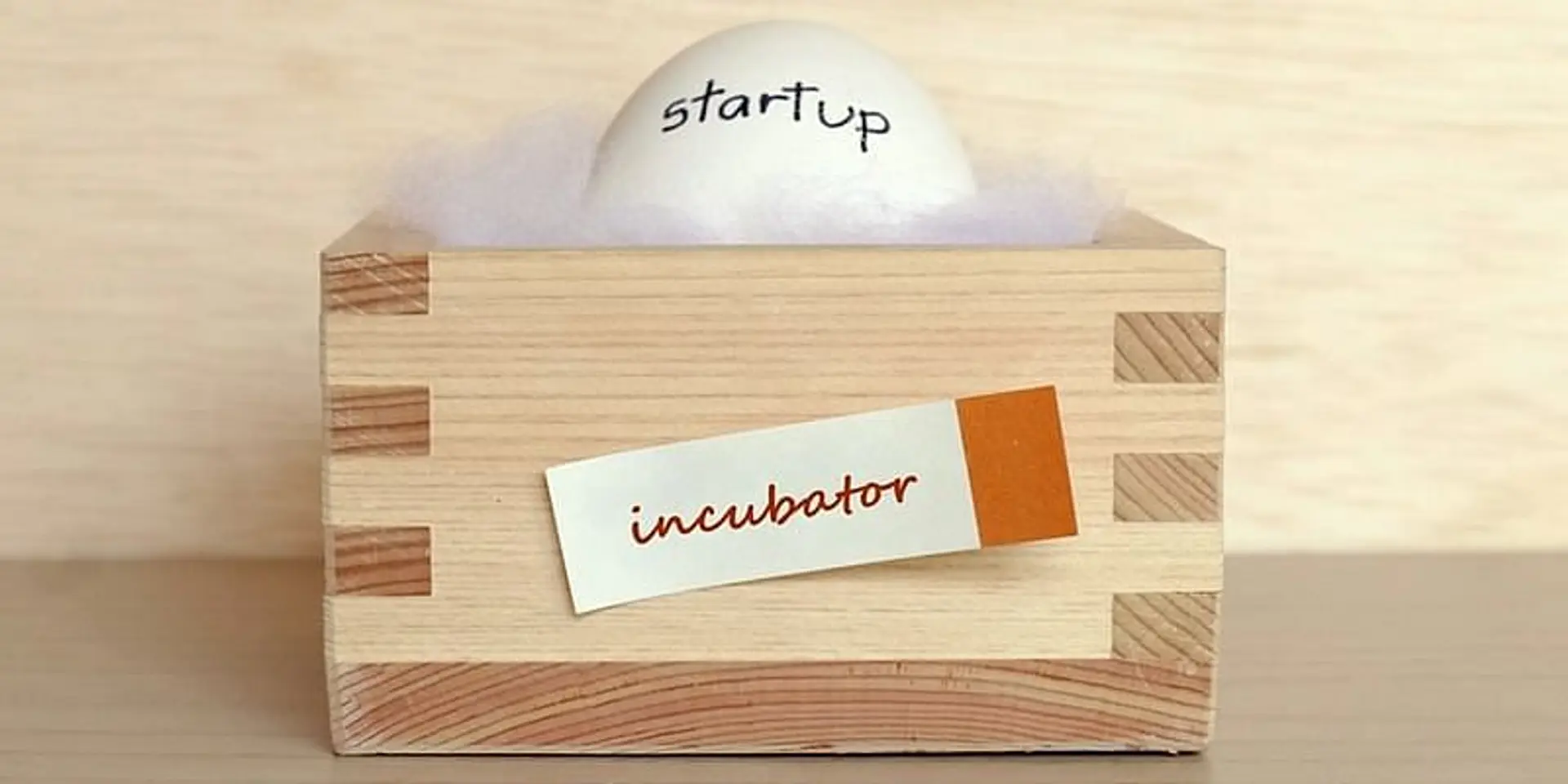How startup incubators can become the launchpads for a modern economy
If targeted sectoral growth has to be facilitated, it has to come through startups. Incubators are the route towards channelising government support to potential startups.
In 1959, the world ’s first start-up incubator – the Batavia Industrial Center – was launched in Batavia, a small town about 35 miles west of Rochester in the US. Founded by a hardware store manager, Joe Mancuso, it provided hatchery space to surplus chicken, as well as aimed at reviving the local economy by generating jobs when the unemployment was to the hilt.
One may feel the main purpose of incubators is to help early-stage startups scale up and raise funds, but the core belongs in the annals of history.
An incubator dons various roles for a startup, but looking at a broader prism, it readies an ecosystem that helps build the local economy, and thus contributes to the national gross domestic product.
Expanding beyond metro
The genesis of startups no longer lies just in metro cities. India now has emerging startup hubs in cities such as Jaipur, Ahmedabad, Kolkata, and Kochi. Small towns such as Kanpur, Chandigarh, and Coimbatore are registering nascent startup growth.
Amid the COVID-19 induced lockdown, with businesses being shut and people losing jobs for the second year in a row, a few startups in the ecommerce and edtech spaces are hiring aggressively, especially in local regions.
Incubators play a vital role in talent acquisition. They build a parallel economy not just by focusing on startups but also boosting allied services such as legal assistance, marketing, patents, design, and regulatory and compliance support.
Take, for example, India’s leading fintech startup, Razorpay, which found early-stage support in US-based startup accelerator Y Combinator – a Jaipur-based fintech startup that turned unicorn and has a pan India user base. It is one among many startups backed by an incubator, and such a presence of notable startups opening up opportunities. Taking global examples, Microsoft has brought big transformation in Redmond, where it is headquartered, and Google has changed Mountain View, California.
Small businesses are the backbone of the economy. Most of them fail due to the lack of required support. Incubators play a key role in arresting the high failure rate of SMEs, thus making way for sustainable employment growth in the local region.
Region-specific innovation
Startups tend to align with the spirit of the region. For example, Bengaluru, called the Silicon Valley of India, attracts tech startups. Mumbai is known to harbour fintech startups, while Tamil Nadu is famous for automobile startups. Recently, Ola Electric, one of the sister companies of cab-hailing platform Ola, announced a Rs 2,400-crore investment plan to set up India’s ‘biggest electric scooter manufacturing plant’ in Tamil Nadu.
Startup incubators support early-stage businesses to expand their footfall across regions. Most of the incubators and accelerators have a technology focus, with a sub-focus on segments such as cloud computing, big data analytics, machine learning and artificial intelligence, and fintech.
Fintech gained a lot of traction post-demonetisation when millions of Indians adopted non-cash payment methods to transfer funds as well as for sale and purchase.
Incubators – public-private partnership
Governments the world over now support the startup universe to catalyse economic growth. Incubators, with their wide network and connections, act as a bridge between the government and startups.
Take, for example, the UK government. It announced a £375 million (about $523 million) additional funding support to the Future Fund launched last year. The Future Fund invests in innovative companies in life sciences and technology. Another £520 million funding plan called Help To Grow has been announced to invest in training and productivity-enhancing software for small businesses.
In India, Rajasthan Chief Minister Ashok Gehlot announced a fintech city in Jaipur, earmarking Rs 106 crore for the initiative. The RIICO (Rajasthan State Industrial Development and Investment Corporation) – in collaboration with incubators – has plans to build the infrastructure such as roads and parking, streetlights, water, electrical energy, parks, neighbourhood services and public utility in the region. The government also announced seed funding up to Rs 25 lakh to support local startups.
NITI Aayog’s Atal Innovation Mission and the Department of Science and Technology, are already serving a growing number of startups with the support of academic and private incubators.
A Hyderabad-based incubator, T-Hub, in association with the Telangana government, has incubated healthcare startups providing thermal checks, oxygen cylinders, and other COVID-related support.
Hyderabad-based healthcare startup The Phi Factory has partnered with the Telangana government to provide affordable COVID-19 screening tests to the public. Kochi-based tech startup, VST Mobility Solution, has partnered with Kerala government to deliver food, medicines and other consumables inside isolation wards in the state. Such public-private partnership via incubators is key to sustainable start-up growth.
According to the latest data by Startup India, India has more than 41,000 recognised startups from various states and union territories. The country is home to 34 unicorns, making it the third-largest country with the most unicorns. However, the country has only about 400 accelerators and incubators combined.
If targeted sectoral growth has to be facilitated, it has to come through startups. Incubators are the route towards channelising government support to potential startups.
As India prepares for its economic leap, it is important for all relevant stakeholders like government, industry bodies and entrepreneurs to come together to plug the gaps and help startup incubators to realize their true potential.
Edited by Kanishk Singh
(Disclaimer: The views and opinions expressed in this article are those of the author and do not necessarily reflect the views of YourStory.)








